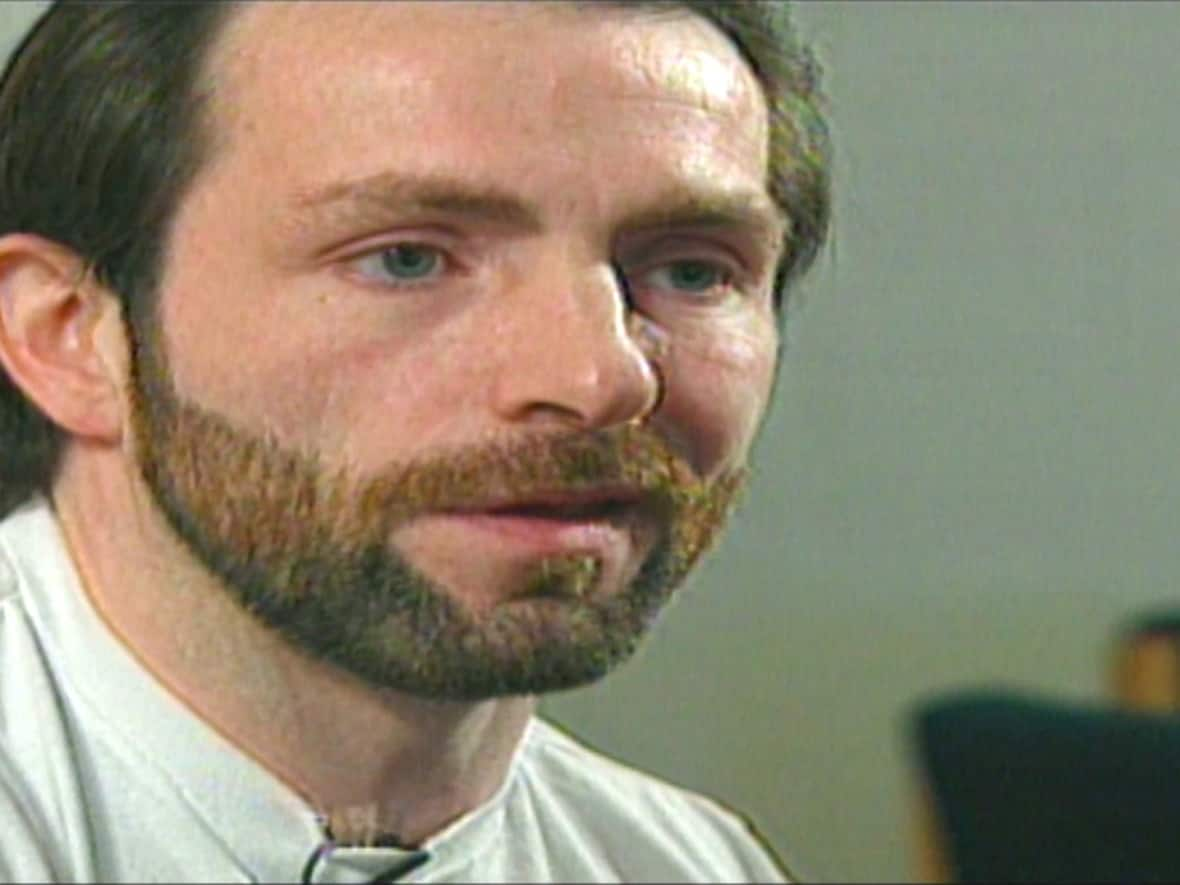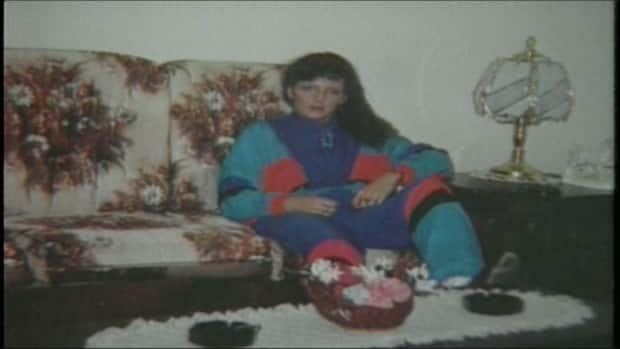Randy Druken struggled to overcome trauma, betrayal and addictions, brother says

When Randy Druken is laid to rest in St. John's on Wednesday, a significant chapter of the Druken family history will come to an end. And while Patrick Druken will be glad to see the gossip and notoriety settle down once again, he hopes parts of his brother's legacy live on.
Randy Druken spent nearly seven years in prison for the murder of his girlfriend, Brenda Young, before evidence came to light suggesting he was innocent. It would be another seven years before the provincial government acknowledged his wrongful conviction and compensated him to the tune of $2.1 million.
But it's what happened after, Patrick says, that deserves to be remembered.
He was left alone, to his own vices, after 14 years of hell.
"It's an opportunity for the government to make some sort of program," Patrick said in a conversation with CBC News on Tuesday. "They need some sort of professional help."
After paying his lawyer and taking care of other debts, Patrick said Randy walked away with a little over $1 million in 2006. It should have been enough for him to live comfortably for the rest of his life, but Patrick said Randy's experiences left him struggling in nearly every aspect of his life — particularly with drugs, alcohol and finances.
He said to me one time, 'Try to visualize this. You're in prison, and the people that are there sitting with you and telling you how sorry they are for your situation, are the ones who are responsible. - Patrick Druken
The Druken family story goes back decades, before two high-profile killings and personal problems played out in the media. In an op-ed published in The Independent in 2005, Patrick wrote about the origins of their struggles — "The children watched as their family was torn apart by alcoholism," he wrote. "When their mother suffered a nervous breakdown, they ended up in orphanages and foster homes, suffering various forms of abuse at the hands of those entrusted to protect them." Speaking on Tuesday, Patrick said that included abuse at the notorious Mount Cashel Orphanage.
Patrick — the oldest — feels he got off the easiest. He cleaned up after one criminal conviction in the 1980s, and has fought to stay sober ever since. He worked in the oil industry in the United States and Newfoundland until his retirement in 2015.
He tried several times to intervene with his siblings, but could never seem to help them get on the right path for long. Gerry and Paul died of drug overdoses in 1991 and 1999 respectively. Derek was killed in 1996, shot to death by his brother Jody in the parking lot of a downtown St. John's pharmacy.
Randy also struggled from a young age. He had just been released from jail in 1991, after serving two years for a stabbing, when he began dating 24-year-old Brenda Young. His life was turned upside down two years later, when Young was stabbed to death and he was thrust into the middle of a police investigation.

Randy Druken was charged with first-degree murder, and found guilty in 1995. The case was built around circumstantial evidence — Druken's history of violence, including previous instances of assaulting Young, and statements from a jailhouse informant who later said he was bullied by police.
In 2001, CBC Radio broke news that DNA collected at the scene belonged to Randy's brother, Paul. A public inquiry after Randy's appeal revealed the Royal Newfoundland Constabulary had enough evidence to charge Paul with Young's murder, but he was already dead by that point. Police also revealed Derek had been a police informant in the case.
Patrick said no amount of money could repair the sting Randy felt from being betrayed by his brothers.
"He said to me one time, 'Try to visualize this. You're in prison, and the people that are there sitting with you and telling you how sorry they are for your situation, are the ones who are responsible."
Death appeared natural, family says
The family began to fade from the public eye after 2006, but Randy continued to have run-ins with the law in the years after his murder conviction was overturned.
"When anger consumes you, it binds you to everything else," Patrick said. "You have to look at things from a place of compassion to really begin to grow."
Patrick said his brother's death has forced him to confront a complicated dichotomy — all his siblings were victims of their upbringings, but they each had opportunities to turn their lives around. While he sometimes felt Randy chose to "live by a certain code," Patrick said it wasn't that simple. Everyone processed their experiences in their own way, he said, and for Randy it was harder than most.
After burying four family members due to drug overdoses, Patrick said he worried they'd find Randy the same way. If there's some solace in his death, Patrick said it's that he appears to have died from natural causes.
"The medical examiner told me he died in his sleep, and that it was a peaceful death and it wasn't an overdose," he said.
His funeral is slated for Wednesday at 2 p.m., at Caul's Funeral Home in St. John's. The family is asking for donations to the Canadian Mental Health Association — the organization Patrick says deserves more funding to help someone if they end up in a situation like Randy's.
"I like to think it can't happen again," he said. "But it can."


